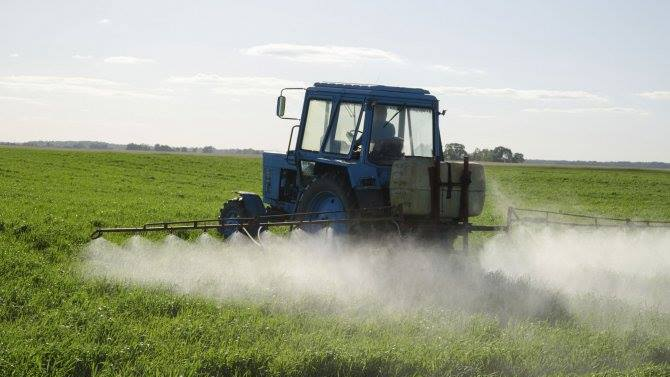The government has taken a bold step to protect public health and the environment by banning dozens of pesticide products from the Kenyan market.
On Monday, Agriculture Cabinet Secretary (CS) Mutahi Kagwe announced the immediate withdrawal of 77 end-use pesticide products, citing serious safety concerns.
According to CS Kagwe, this decision follows a comprehensive review of pesticides currently in use across the country.

The aim, he said, is to make sure that all pest control products (PCPs) used in Kenya meet the highest safety standards—not just for people, but also for animals, crops, and the environment.
The review, which was carried out by the Pest Control Products Board (PCPB), involved a close examination of 430 registered pesticide products.
After thorough scientific assessment, the board found that several of these products pose unacceptable risks.
These risks range from potential harm to human health, to damage to the environment, crops, and even livestock.
Read also Tension rises in Transmara as youth defend ancestral land
As a result of the review, the government has now taken three key actions. First, it has permanently banned 77 dangerous products.
Second, it has restricted the use of 202 other products on certain crops. Third, an additional 151 pesticide products have been placed under further review. A final decision on these is expected by December 2025.
Among the banned substances are some well-known and widely used chemicals. These include:
- DDT (Dichlorodiphenyl Trichloroethane) – a controversial pesticide previously used in farming.
- Chlordane – an insecticide known to harm both humans and animals.
- Ethylene Dichloride – a toxic fumigant.
- Alachlor – a herbicide linked to environmental damage.
Additional products
In addition to these, the government has also banned products containing active ingredients such as acephate, chlorothalonil, pymetrozine, thiacloprid, diuron, POE tallow amine, kasugamycin, and pyridalyl.
These all mentioned chemicals and their related products, therefore, will no longer be allowed in the Kenyan markets
Furthermore, the Ministry of Agriculture has issued a new directive regarding the registration of all pest control products.
From now on, any PCP considered for use in Kenya must first be registered in its country of origin. This move is designed to protect Kenyan consumers and align local regulations with global safety standards.
Moreover, Kenya will not register any pesticide product that is already banned internationally. The government has also blocked the importation of any chemical under review that is not approved in countries such as the United States, Canada, Australia, or any member of the European Union—at least until a final local review is completed.
Farmers, importers, and distributors across the country have now been urged to fully comply with the new rules.
Authorities warn that strict enforcement will follow to ensure that no banned substances find their way into farms or markets.
“This action is part of our continuous efforts to align Kenya’s agricultural practices with international best standards,” said CS Kagwe. “We are committed to ensuring food safety for all Kenyans and promoting sustainable agriculture that protects both people and nature.”
As the government works to clean up the agricultural sector, experts say the move is a welcome and long-overdue step toward healthier farming, safer food, and a cleaner environment.












